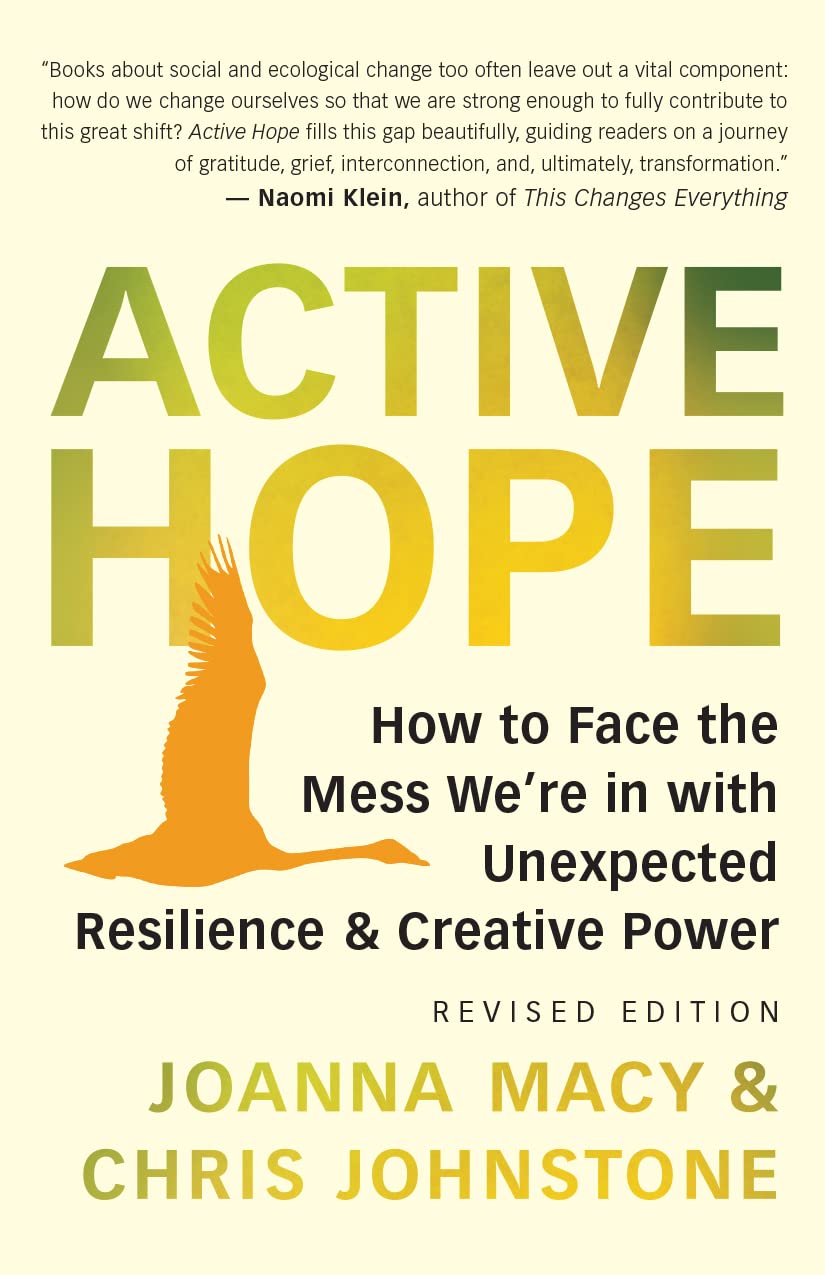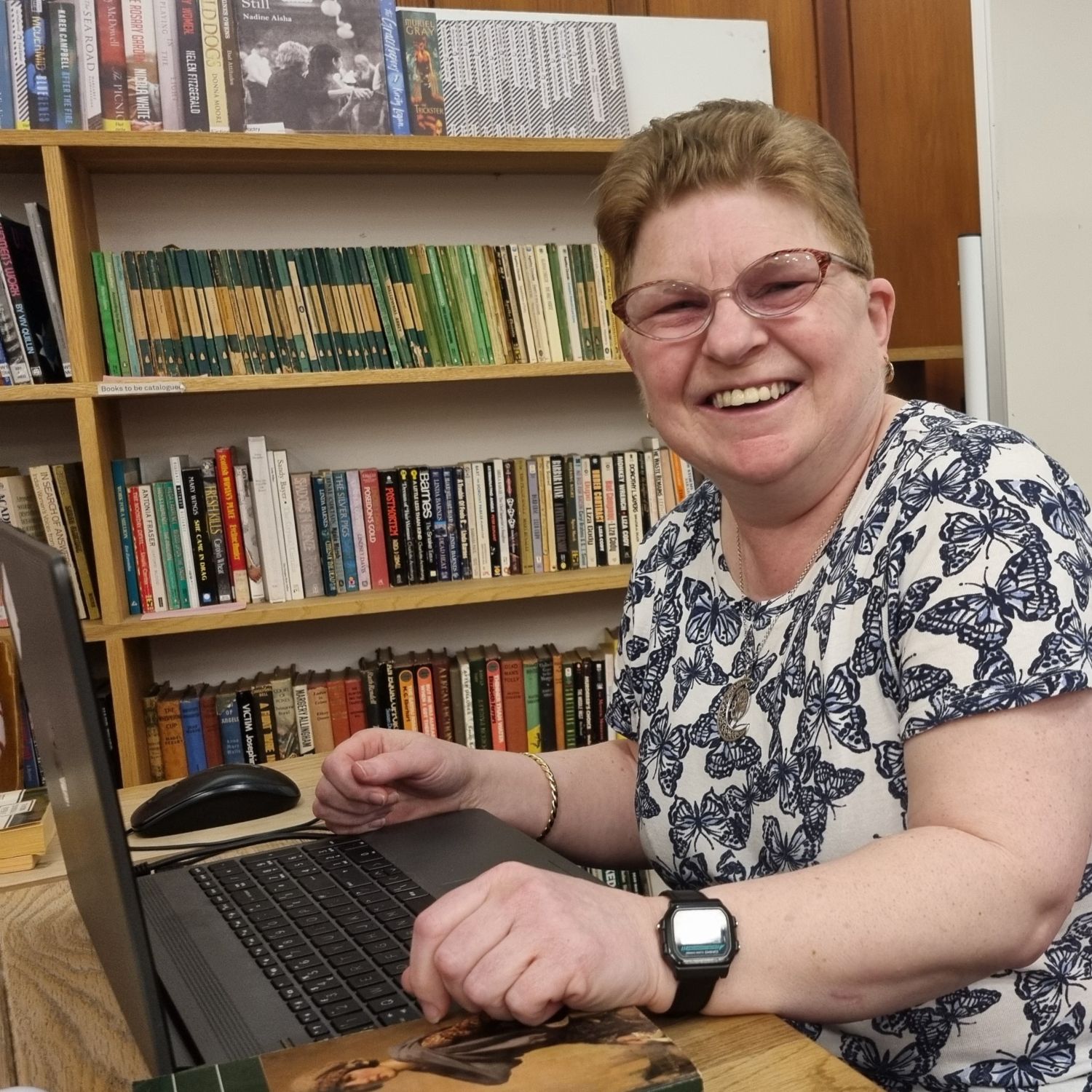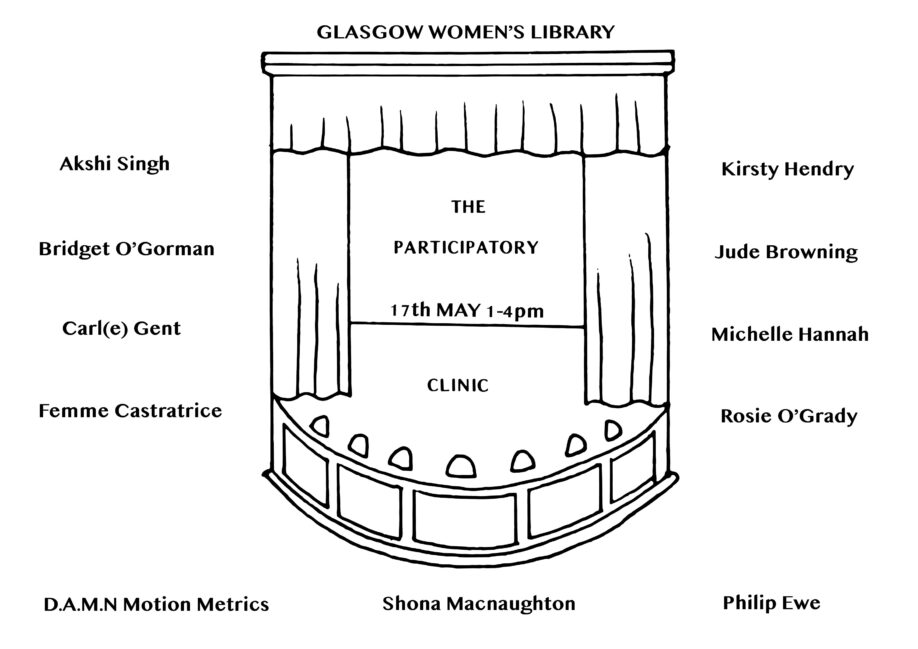When I hear the term ‘feminist act,’ I think of the times I’ve made colourful cardboard signs and brought them to protests, or instances where I’ve challenged a misogynistic statement. I tend to forget about the more mundane, but still vitally important, time that I spend alone glued to a good book or scribbling away in my well-loved journal. While we may not always recognise them as such, the acts of reading or writing are inherently feminist. On both a personal and political level, these undertakings can transform our lives. Curious about what reading and writing meant to other feminists, I asked some volunteers from the Glasgow Women’s Library to share their own experiences with the written word. This is what I found out.
As women living in a patriarchal society, taking the time to read or write can be truly subversive on both a political and a personal level. Education is empowering, and written word allows us to better understand the world around us. It is only once we have this understanding that we can fight for change, and so that is why it is so important than we continue to read and write as feminists. As one volunteer put it, literature helps us “gain knowledge and insight into what it means to be a human.” It shapes our world views, principles and values – by engaging with written word we come to understand the very society within which we exist. As feminists, we seek positive change and an end to oppression; engaging with writing plays a vital role in this fight. As a volunteer says, “if we do not know our past, we cannot understand the present or how to create a redemptive future.” Literature is a means of documenting lives, struggles, and ideas. When we interact with it we learn about those who came before us, allowing us to appreciate their victories and learn from their errors. In order to successfully participate in the feminist struggle we should be aware of the context within we fight – the written word gives us the means to achieve this awareness.

On a more personal level, these acts can be transformative. Under the patriarchy, so much of our time, energy and attention is directed towards caring for others’ needs. With so many demands placed upon us, like housework and childcare, we do not often get to spend time with ourselves. Even just existing within a society which oppresses us can be exhausting in itself. When we read or write, we allow ourselves to take time away from the pressures of the everyday, and can instead focus on caring for and reconnecting with ourselves. One volunteer said that “in times of trouble, the ability to lose myself in a book is so important.” Another described creative writing as “a means of self expression” which “preserves dreams, thoughts and ideas.” Perhaps the most poignant testimony I collected described the written word as “self-saving:”
“It carries the emotions that I cannot express in real life…I wrote late in the night and actually felt that the depressed feeling flew away from me into the computer.”
Taking the time to read just because you want to read, or to write just because you want to write, is a feminist act. We are so often told that, as women, self fulfilment under the patriarchy comes from caring for others, – from meeting their needs selflessly, and stifling ours. We are told that it is only men who are writers, it is only men who have valuable things to say. We hear that we shouldn’t need to read, that we shouldn’t need to write. When we dare to disprove this, we are engaging with feminism on a very deep level.
Through reading and writing, we grow to understand both ourselves and the world around us. Whether we gain the knowledge necessary to empower us in times of injustice, or find a much-needed escape from the struggles of everyday life, engaging with literature is undeniably priceless. For almost 30 years, the Glasgow Women’s Library has allowed countless people to engage with the written word. This is an invaluable service which has undoubtedly changed the lives of many. Whether this was by virtue of its impressive collection of literature, its services which encourage users to develop their literacy skills, or simply because it provides a safe and gentle space for people to spend time with themselves free of judgement, GWL is a vital resource. Personally, I have found indescribable benefits from my time spent in the library; I often remark that I leave the building feeling peaceful and inspired. I’m sure many others share this sentiment.

This content is licensed under a Creative Commons Attribution 4.0 International License.






